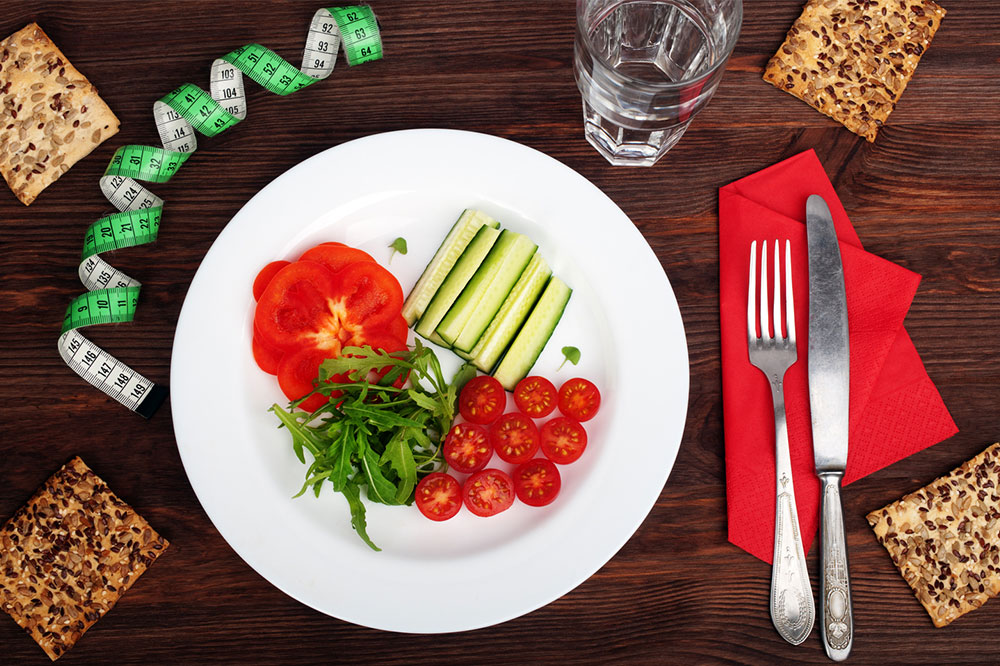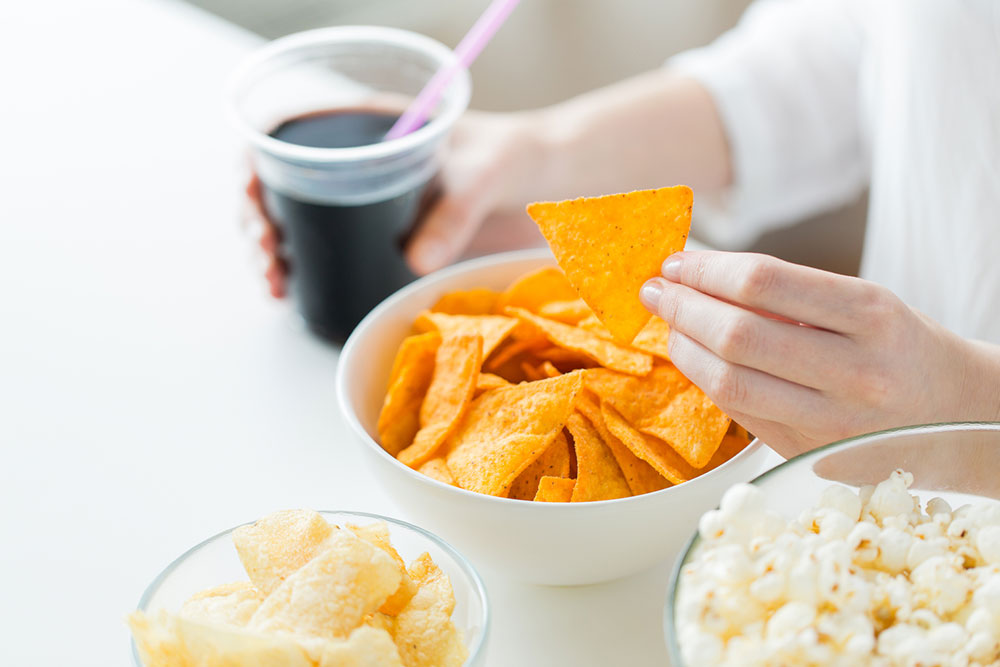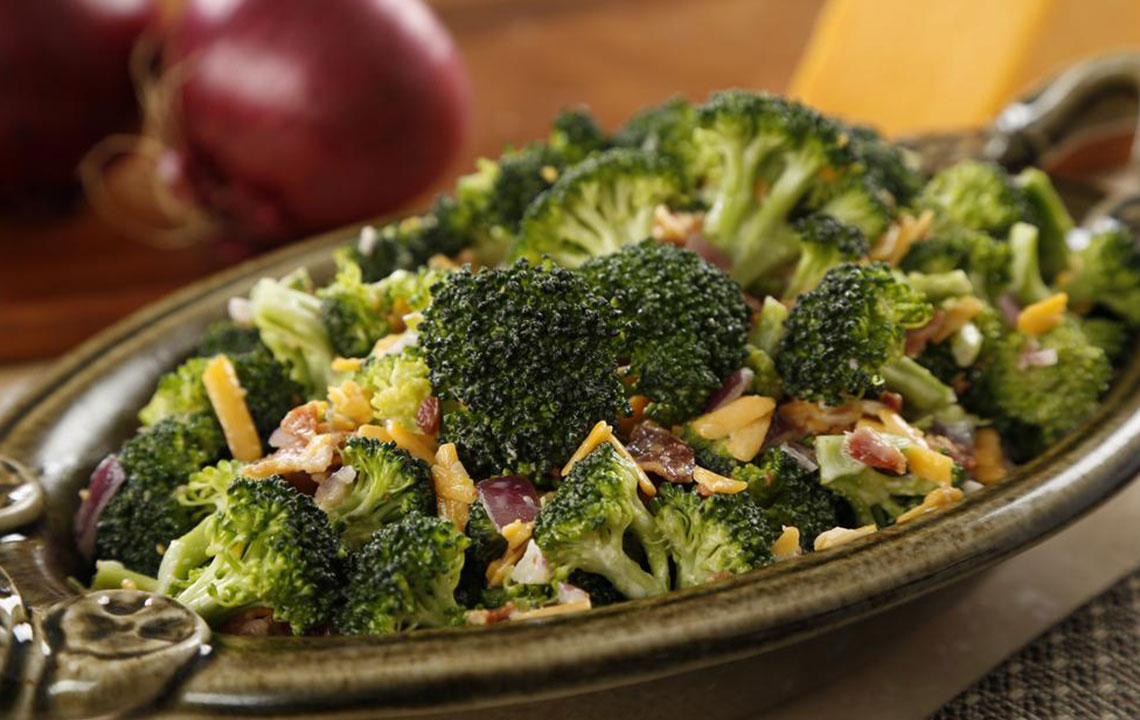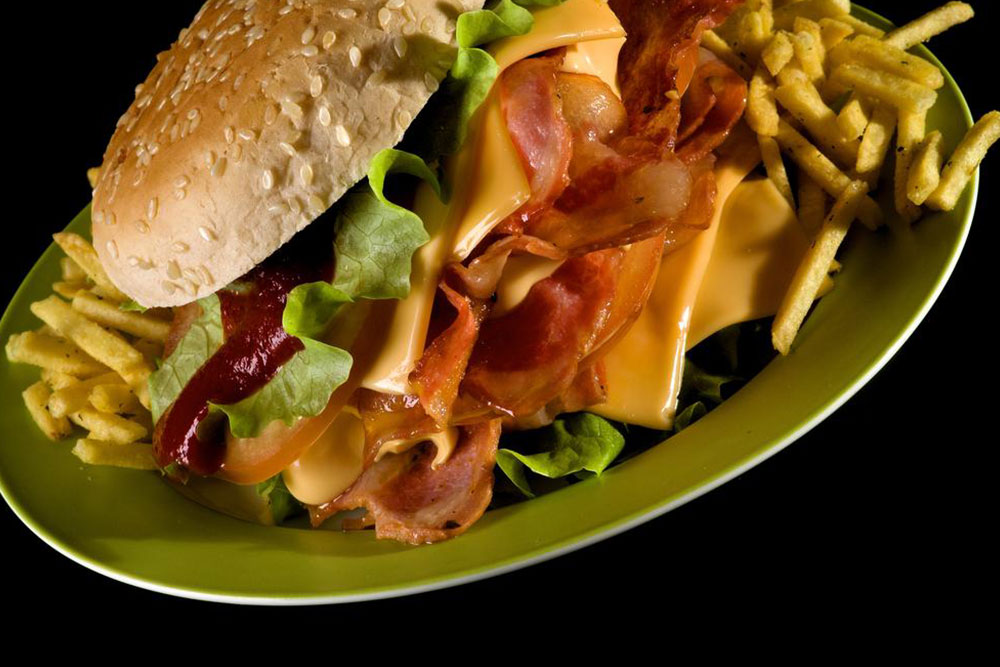Comprehensive Dietary Strategies for Managing Gastritis: Foods to Embrace and Avoid
This comprehensive guide offers essential dietary tips for managing gastritis. Learn about foods to include, such as probiotics, fiber, and alkaline options, and identify foods to avoid, including spicy, acidic, and fatty foods. Adopting these strategies can help reduce stomach inflammation, soothe discomfort, and promote healing. Whether you are seeking relief or aiming to prevent gastritis flare-ups, this article provides practical advice backed by nutritional science to maintain a healthy stomach and improve overall digestive health.
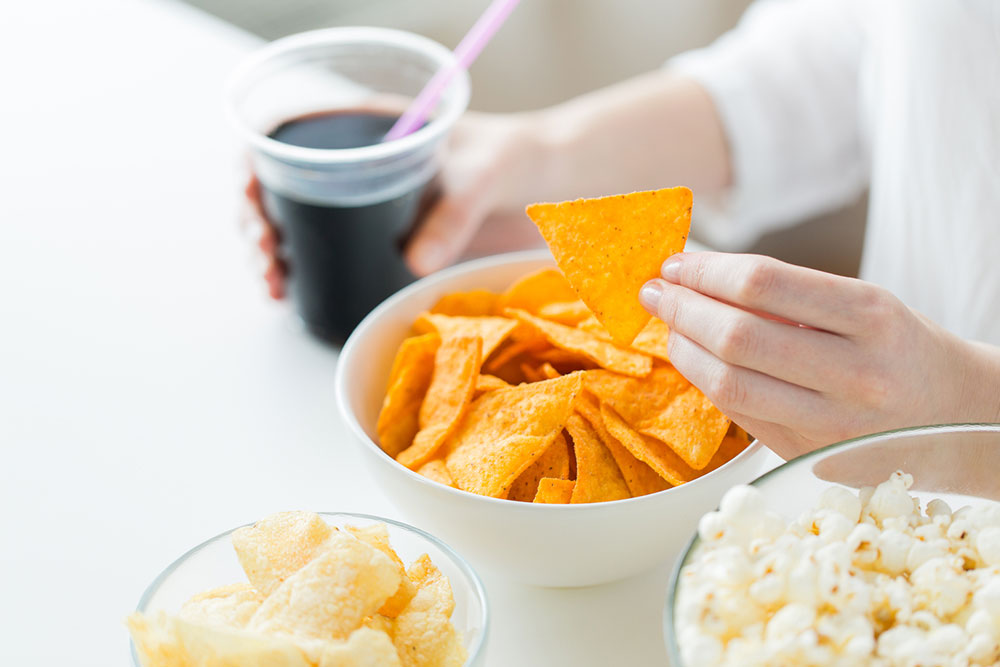
Optimal Nutrition Tips for Gastritis Relief: Foods to Incorporate and Steer Clear Of
Gastritis is characterized by inflammation of the stomach lining, which can result from various causes including infections, stress, or certain dietary habits. Managing this condition effectively requires a thorough understanding of which foods can soothe the stomach and promote healing, and which can worsen symptoms or trigger flare-ups. This article provides an in-depth guide to dietary choices for gastritis sufferers, covering the best foods to include for gut health and the ones to avoid to prevent irritation and discomfort.
Foods and Substances to Minimize or Steer Clear Of
Certain foods and drinks are notorious for irritating the gastric mucosa, exacerbating inflammation, and causing persistent discomfort. For individuals diagnosed with gastritis, avoiding these triggers is a critical part of managing the condition effectively.
Spicy Foods and Ingredients Spicy foods, including hot peppers, chili powders, hot sauces, and spices like nutmeg, cloves, and cayenne, can irritate the stomach lining. Their capsaicin content can increase gastric acid production, leading to further inflammation and pain. Individuals with gastritis should limit their intake of these spicy elements or avoid them altogether to minimize discomfort and promote healing.
Alcoholic Beverages Alcohol acts as a significant irritant to the stomach lining. It damages the mucous membranes and increases acid production, which can worsen gastritis symptoms. Complete abstinence from alcohol is advised for those with gastric inflammation to facilitate the healing process and prevent flare-ups.
Acidic Foods and Drinks Citrus fruits like oranges, lemons, grapefruits, and their juices, along with tomatoes and tomato-based products, contain high levels of acidity. Coffee and other caffeinated beverages also increase acidity and can irritate the stomach lining. Limiting or avoiding these foods helps reduce acid reflux and inflammation, easing gastritis symptoms.
Fried, Greasy, and Fatty Foods Fried foods, fast foods, and greasy snacks challenge digestion due to their high fat content. These foods can slow gastric emptying and stimulate increased acid secretion, aggravating inflammation. Choosing healthier, low-fat cooking methods and limiting intake of fried items can significantly improve symptom management.
Eat These Foods to Support Healing and Reduce Symptoms
In addition to avoiding irritants, incorporating foods that have anti-inflammatory properties, antimicrobial effects, and support overall digestive health can help manage gastritis more effectively.
Cruciferous Vegetables like Broccoli Broccoli is rich in sulforaphane, a compound that has demonstrated potential in fighting Helicobacter pylori (H. pylori) bacteria, a common cause of gastritis. Consuming steamed or lightly cooked broccoli can contribute to reducing the bacterial load and inflammation in the stomach lining.
Garlic and Its Antibacterial Properties Garlic contains allicin, a compound with natural antimicrobial properties. Regular intake of garlic may help lower H. pylori infection levels. For those sensitive to raw garlic, garlic supplements or cooked garlic can be effective alternatives.
Probiotic-Rich Foods Including probiotics through foods like yogurt, kefir, sauerkraut, and sourdough bread can help restore the healthy bacteria balance in the gut. Probiotics support digestive health, combat harmful bacteria, and may help prevent or reduce gastritis symptoms.
Fiber-Rich Foods Fruits such as apples, pears, berries, and vegetables like carrots, spinach, and beans improve digestion and help soothe the stomach. Dietary fiber can protect against gastritis flare-ups by promoting regular bowel movements and reducing stomach acid burden.
Alkaline Foods Green leafy vegetables, sweet potatoes, beets, and nuts possess alkalizing properties that counteract excess stomach acidity. Incorporating these into meals can help neutralize stomach acid and decrease irritation.
Whole Grains Whole grains like brown rice, oats, and whole wheat bread provide essential nutrients and fiber without irritating the stomach. Replacing processed grains with these options supports gut health and reduces gastritis symptoms.
Lean Proteins Skinless poultry, turkey, lean cuts of pork, fish such as tuna and salmon, and egg whites are gentle on the stomach. They aid tissue repair and are less likely to trigger inflammation compared to fatty or processed meats.
In summary, for those managing gastritis, choosing the right foods is instrumental in reducing inflammation, preventing flare-ups, and promoting healing of the stomach lining. By avoiding known irritants and embracing a nutrient-rich, gut-friendly diet, individuals can significantly improve their quality of life and effectively control their symptoms.
